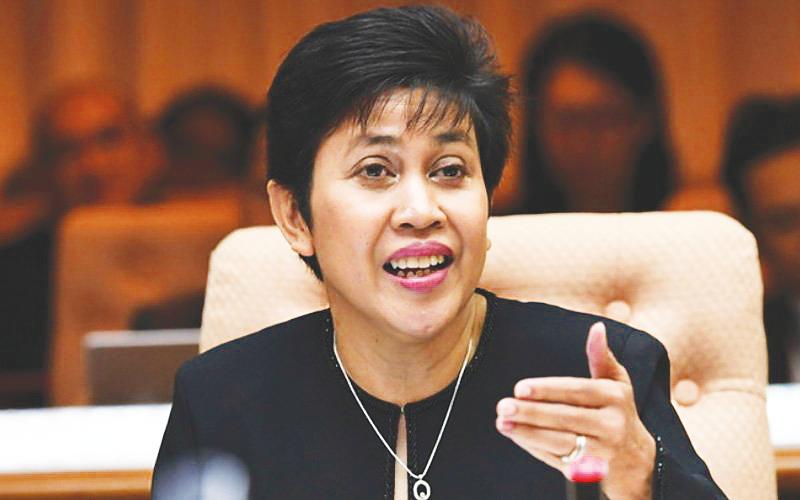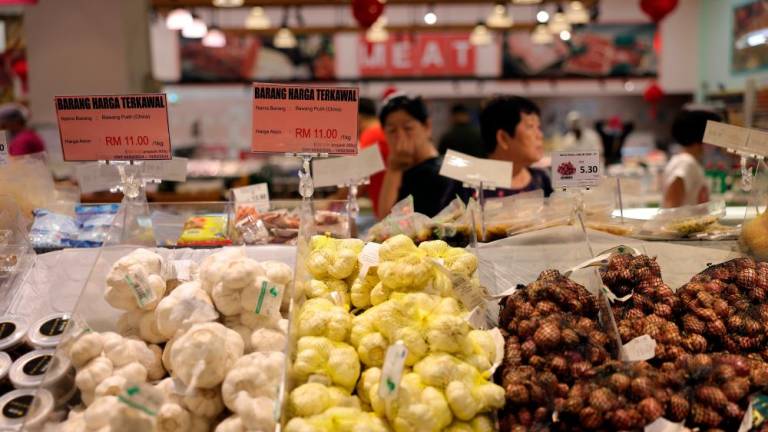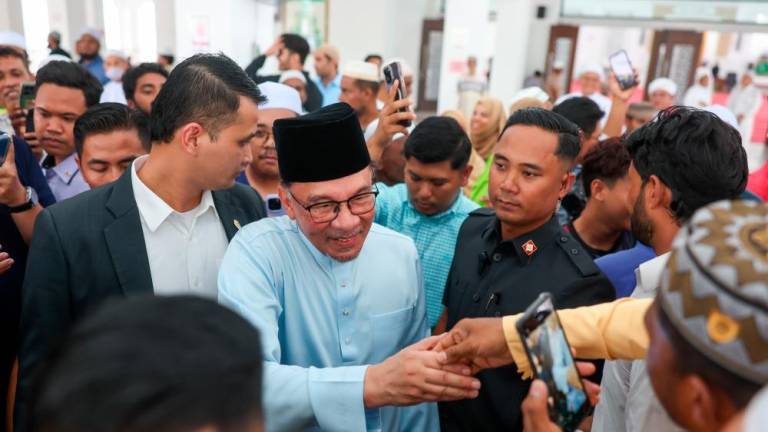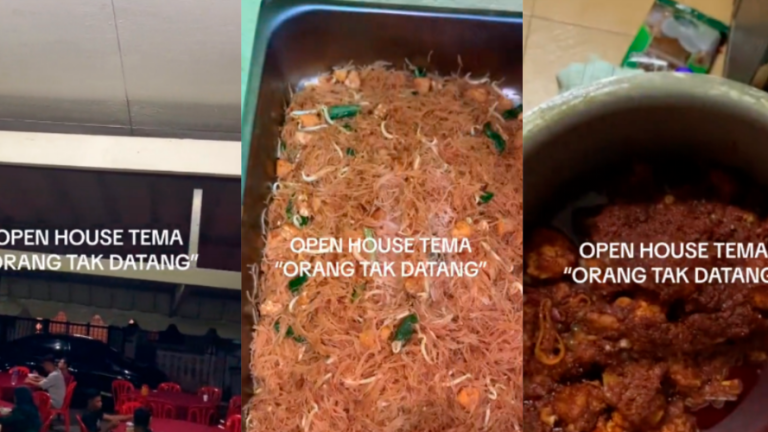PETALING JAYA: The decline in Malaysia’s 2020 net foreign direct investment (FDI) to 0.7% of gross domestic product (GDP) is not unusual, although it is worse than that of its Asean peers, according to Sunway University Business School Professor of Economics Dr Yeah Kim Leng.
Figures released by the Department of Statistics showed FDI net inflow of RM13.9 billion in 2020, compared with RM31.7 billion a year before. Despite the decline, the overall FDI position surged by RM14.4 billion to a record RM703.5 billion in 2020.
Yeah pointed out that at the height of the global financial crisis in 2009, Malaysia saw an even greater FDI drop to 0.1% of GDP but the five-year FDI inflow thereafter rose to 3.8% of GDP annually.
“Despite volatile and lumpy FDI flows, Malaysia’s inward FDI is expected to recover to the previous five-year trend where the country recorded annual inflows averaging 3% of GDP between 2015 and 2019,” Yeah told SunBiz.
However, due to the intense competition for global FDI, he cautioned that the government should not be complacent as there is heightened investor anxiety over the recent increase in the country’s political risk, deterioration in the corruption perception index position and higher degree of uncertainties in the post-pandemic regional and global economic landscape.
“An emphasis on private sector-driven with complementary rather than competing role of the country’s large number of GLCs will be important to assuage concerns over the government being too involved in business and commerce,” said the economics professor.
On a related note, Bank Negara Malaysia (BNM) governor Datuk Nor Shamsiah Mohd Yunus emphasised the need for the government to undertake investment-related reforms to ensure that Malaysia remains an attractive investment destination.
She highlighted the need for a clear vision and strategic direction for policy framework by adopting the national investment aspiration with five pillars comprising: increasing economic complexity; creating high-value jobs; extending domestic linkages; developing new and existing clusters; and improving inclusivity as the anchor for investment policies.
Nor Shamsiah said this includes streamlining tax incentives and administration, strengthening coordination among all investment promotion agencies which will facilitate and accelerate the realisation of approved investments plans, particularly in the manufacturing sector.
“The government is committed to pursuing long-term structural reforms to persuade high-quality investments, and we expect this to translate into the provision of modern infrastructure and a highly skilled workforce while enhancing the business and investment ecosystem,” she said at the central bank’s virtual GDP announcement last Thursday.
BNM disclosed that the overall net inflow moderated in 2020, with FDI firms continuing to inject new equity of RM13.9 billion in 2020 compared with RM22.4 billion in 2019.
Despite the drop, last year saw a higher reinvestment of earnings at RM3 billion compared with RM1.8 billion in the previous year.
“What is key for Malaysia is to continue and remain steadfast with reforms to improve the investment ecosystem to attract quality investments and that will create high value jobs for Malaysians,” said the central bank governor.
The implications of the Covid-19 pandemic affected economic activities which further contributed to the increase in the unemployment rate to 4.8% in the fourth quarter of 2020. Furthermore, the number of underemployed persons increased compared with 2019, which affected disposable income and indirectly led to a decrease in the gross national income (GNI) per capita from RM45,212 (2019) to RM42,531 in 2020.
Based on official figures, Malaysia’s international investment position recorded net assets of RM79.6 billion at end-2020, while its international reserves stood at RM432.2 billion compared with RM424 billion in the preceding year.
For the fourth quarter, the GDP contracted by 3.4% in the fourth quarter last year, compared with a shrinkage of 2.6% in the third quarter, attributed to the imposition of the conditional movement control order in a number of states since mid-October.
For the year, GDP declined by 5.6%,
In this case, Areca Capital Sdn Bhd CEO Danny Wong Teck Meng sees it as a short- term issue as it hinges on the movement control order conditions. “Surely we will be back to norm upon better control of the pandemic,” he said.













